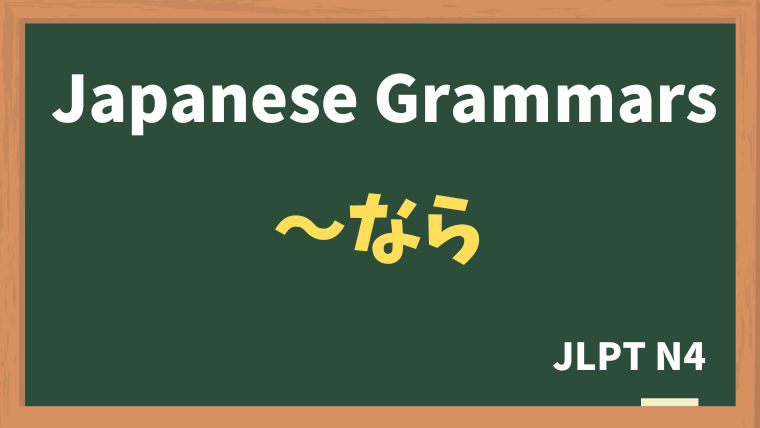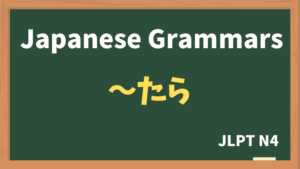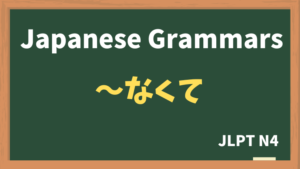
Contents
Explanation:〜なら
fa-check-circleMeaning
The expression 〜なら in Japanese is a conditional form used to express "if," "in the case of," or "if it’s true that." It’s often employed to provide a hypothetical condition, suggest actions based on an assumed scenario, or emphasize specific conditions. 〜なら is particularly useful when the speaker wants to focus on a certain situation, add background context, or introduce advice or suggestions.
fa-check-circleForm
- Verb (dictionary form) + なら
Example: 行く (iku) → 行くなら (iku nara) - "if you’re going." - い-adjective + なら
Example: 安い (yasui) → 安いなら (yasui nara) - "if it’s cheap." - な-adjective + なら
Example: 静か (shizuka) → 静かなら (shizuka nara) - "if it’s quiet." - Noun + なら
Example: 雨 (ame) → 雨なら (ame nara) - "if it’s raining."
fa-check-circlePoints
- Conditional Assumption: 〜なら implies a condition or assumption, often based on known information or context.
- Focus on Context: Used when discussing conditions that may not have been confirmed but are assumed to be true.
- Making Suggestions or Proposals: Commonly used to offer suggestions or proposals based on an assumed condition.
fa-check-circleJLPT Level
N4
Sample sentenes
1. Conditional "If" or "In the Case of"
安いなら、もっと 買いたいです。
If it rains, the match will be canceled.
この 仕事なら、私が やります。
If there’s time, let’s watch a movie.
彼女が 行くなら、私も 行きます。
If she’s going, I’ll go too.
2. Making Suggestions or Giving Advice
沖縄に 行くなら、夏が いいですよ。
If you’re going to Okinawa, summer is best.
疲れているなら、早く 寝たほうがいいですよ。
"If you’re tired, you should go to bed early."
3. Asking for Confirmation or Clarification:
明日なら、時間が ありますか?
If it’s tomorrow, do you have time?
Usage Notes
- Focus on Assumptions: 〜なら is especially common when making assumptions about the situation or context. It can introduce hypothetical ideas or provide a basis for suggestions, emphasizing that the speaker is not confirming the condition but rather assuming it might be true.
- Polite and Non-Obligatory Advice: Compared to 〜たら or 〜ば, 〜なら tends to sound slightly softer and less direct. This is why it’s often preferred when giving advice or recommendations based on an assumed scenario.
Vocabulary
| Japanese | English | |
| 疲れる | つかれる | to get tired |
Comparison with Similar Expressions
- 〜たら has a more direct "if/when" meaning and implies a completed action or event.
- 〜ば emphasizes cause-and-effect relationships but is slightly more formal and indirect.






